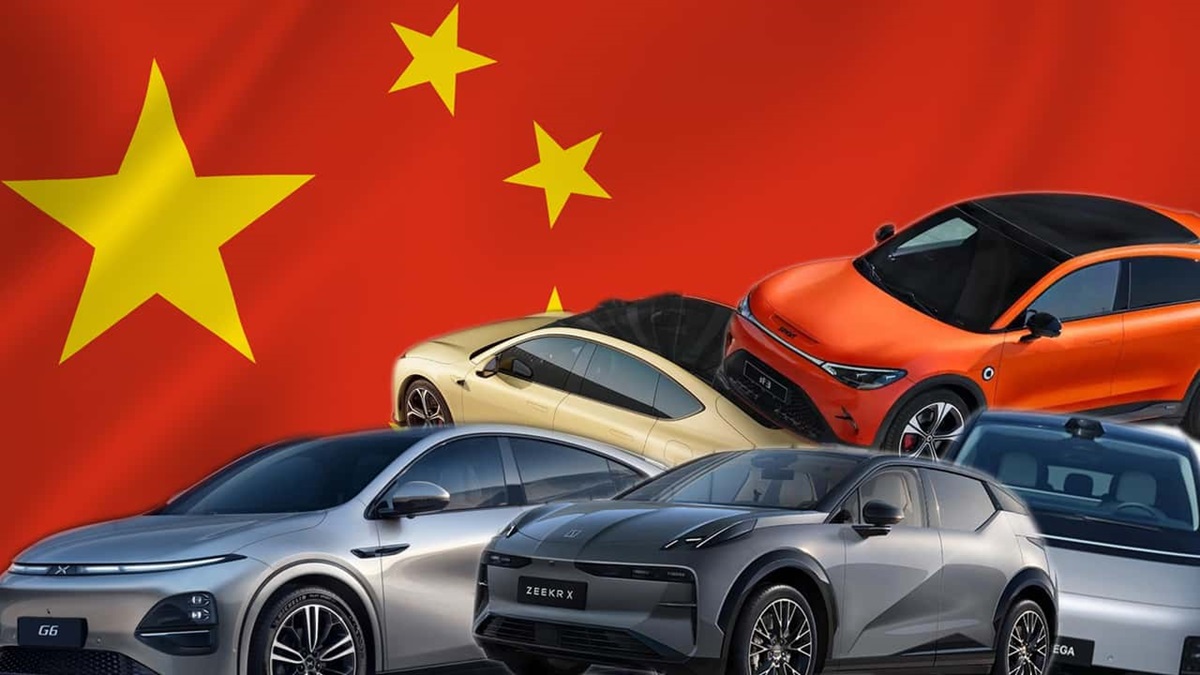China condemns US plans to ban vehicles with Chinese technology
BY Insider Desk
September 26, 2024

China’s Ministry of Commerce expressed strong opposition to a proposed U.S. ban on connected vehicles that incorporate Chinese and Russian technology, arguing that the move lacks evidence and amounts to protectionism.
The ministry’s response follows the Biden administration’s efforts to tighten controls on Chinese tech in the U.S. market, citing national security risks.
A spokesperson for the ministry criticized the U.S. plan, stating, “The US practice has no factual basis, violates the principles of market economy and fair competition, and is a typical protectionist act.” The proposal, announced earlier this week, is part of the Biden administration’s broader strategy to address perceived security threats from China, particularly in high-tech sectors like automotive electronics.
The debate centers around the growing presence of sophisticated electronics in modern vehicles, particularly electric and self-driving cars. These systems can connect to personal devices, other vehicles, and infrastructure, raising concerns about potential data misuse or vulnerabilities in U.S. security networks. In February, the U.S. government investigated the potential security risks Chinese technology poses in vehicles.
China has responded by demanding that the U.S. reconsider its stance. “China urges the United States to stop its wrong practice of generalizing national security, immediately revoke the relevant restrictions, and stop its unreasonable suppression of Chinese companies,” said the ministry. It warned that Beijing would take “necessary measures” to protect the rights of its companies if the U.S. proceeds with the ban.
The proposed rule, introduced by the U.S. Department of Commerce, focuses on software and hardware that allow vehicles to connect to external systems. However, which specific manufacturers or car models would be affected remains unclear. The rule is now open for public comment for 30 days, allowing stakeholders to weigh in before it potentially takes effect.
Tags:
Most Read

Electronic Health Records: Journey towards health 2.0

Making an investment-friendly Bangladesh

Bangladesh facing a strategic test

Understanding the model for success for economic zones

Bangladesh’s case for metallurgical expansion

How a quiet sector moves nations

A raw material heaven missing the export train

Automation can transform Bangladesh’s health sector

A call for a new age of AI and computing
You May Also Like
